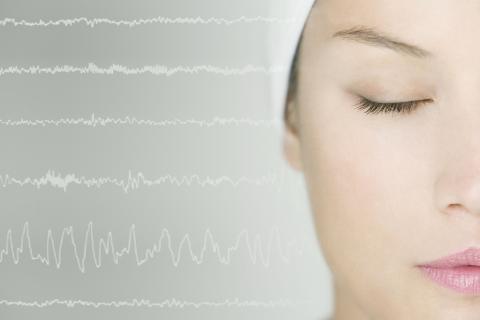Research Projects

Major Depressive Disorder (MDD) is a common and debilitating illness. One novel intervention is transcranial magnetic stimulation (TMS), which has been cleared by the Food and Drug Administration for pharmacoresistant MDD. TMS uses rapidly fluctuating magnetic fields to induce electrical activity and modify pathological neural networks in MDD. Despite its promise, TMS is effective in approximately 60% of patients, and requires daily treatments for up to six weeks. To this end, data-driven insights into the neurobiological effects of TMS and objective markers for treatment prediction and progression are of great value. This project aims to use electroencephalography (EEG) and machine learning to predict treatment response to TMS treatment. Researchers have collected EEG data through the treatment to permit investigation into TMS’s mechanism of action.
Researchers aim to move from trial-and-error in choosing treatments for psychiatric disorders, and instead provide patients and clinical staff with an individualized treatment-response likelihood. They hope to better understand neurobiology of mental illness with the hopes that such understanding would help researchers develop new treatment modalities or refine those that are already in use.